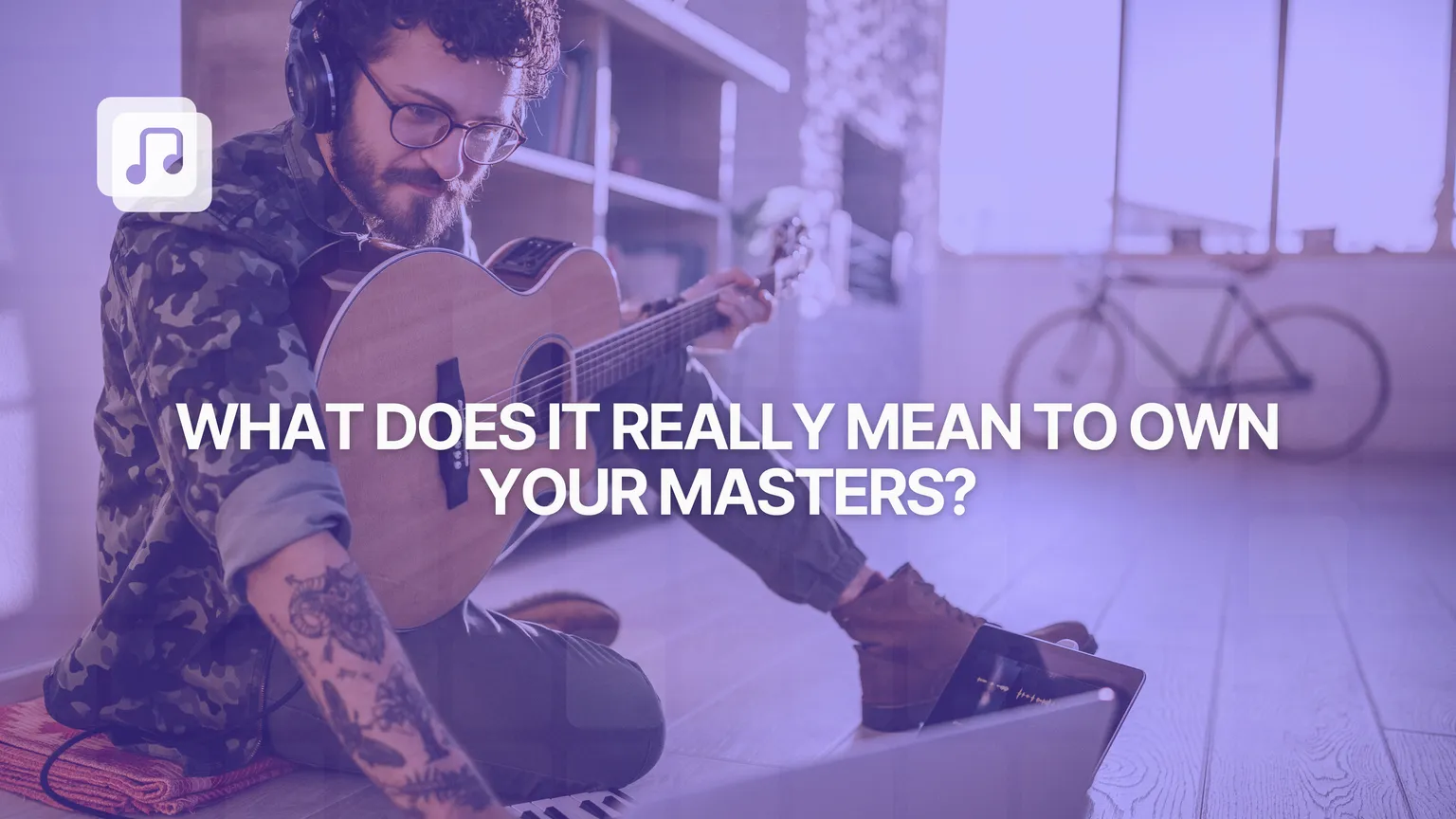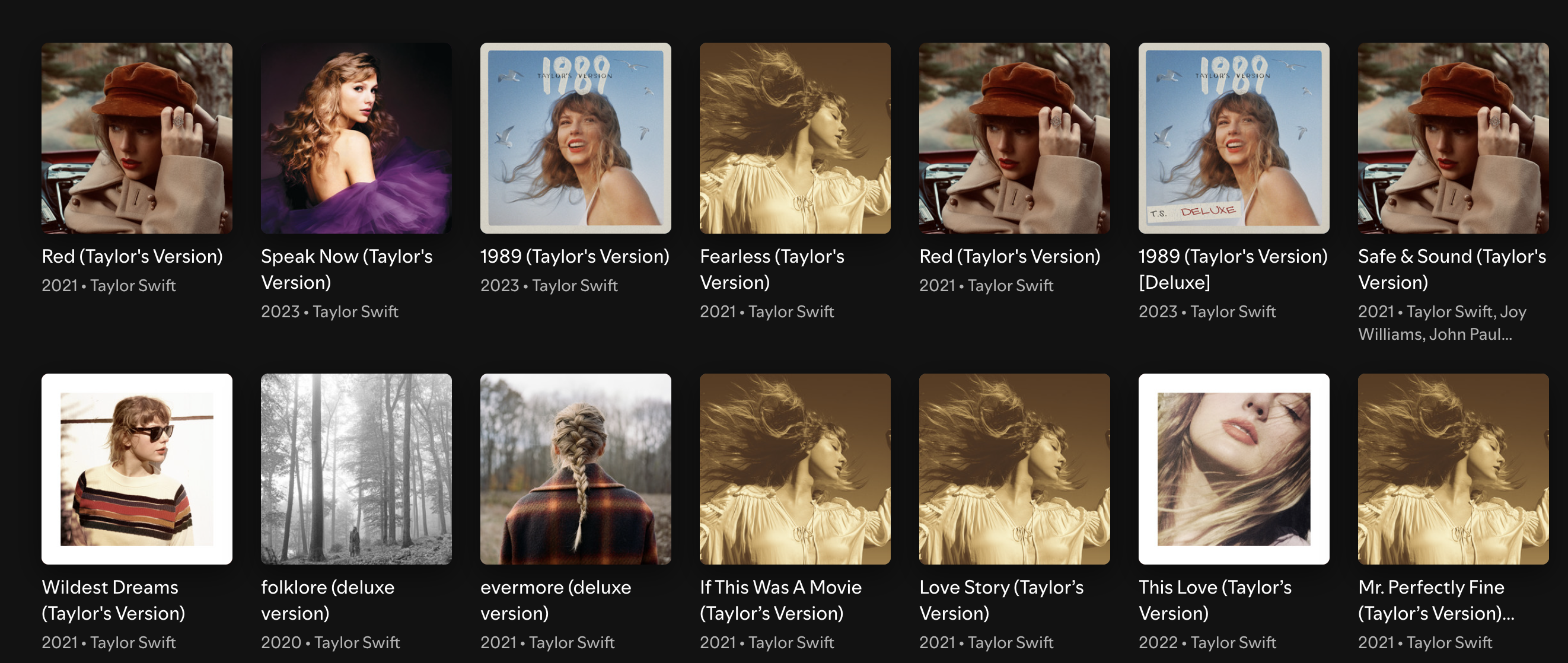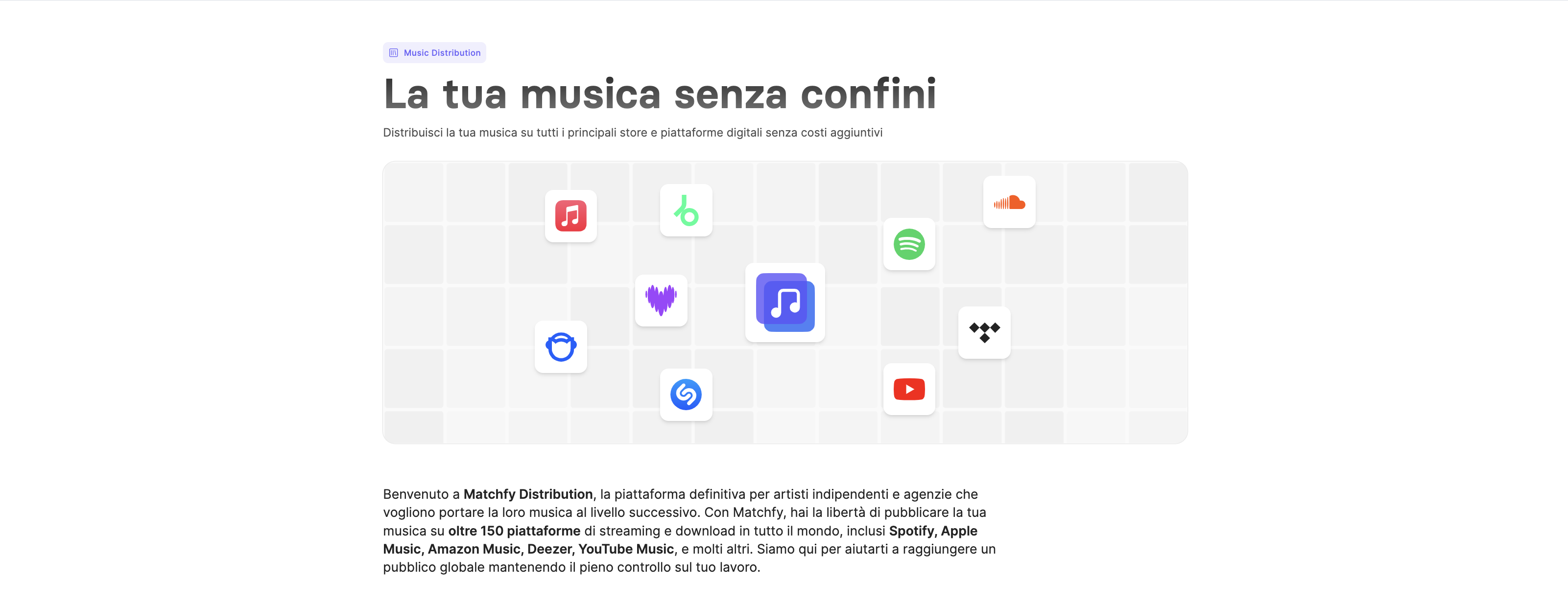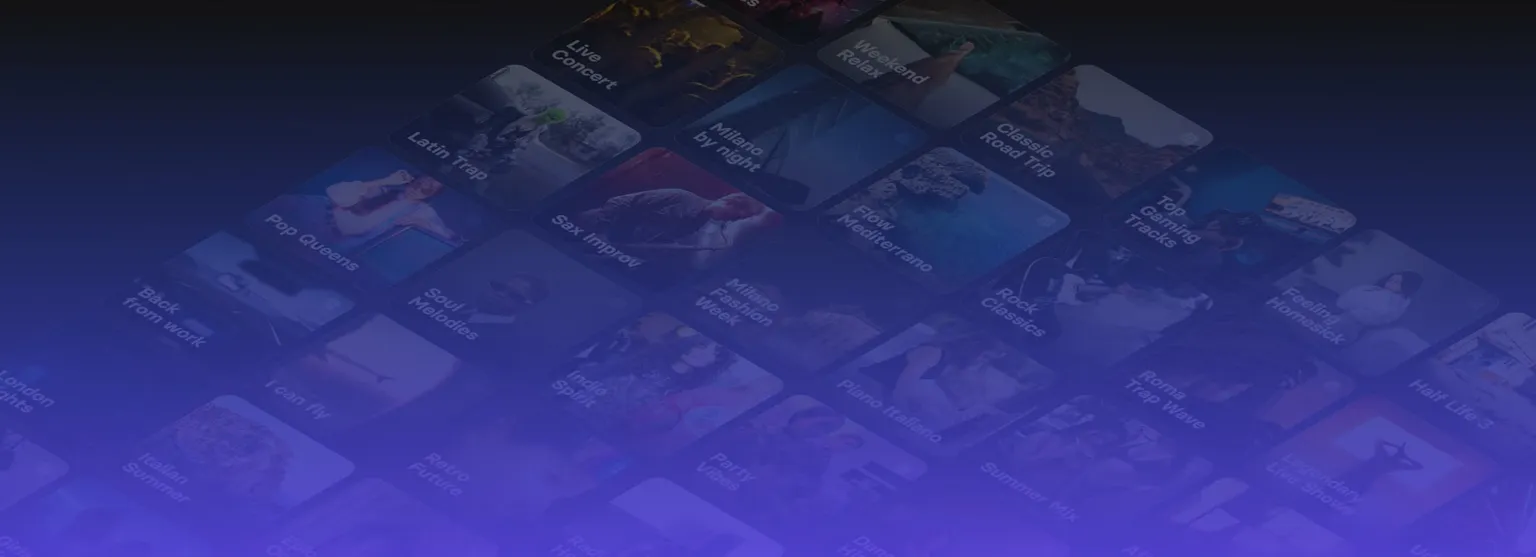
For any musician dreaming of building a long-lasting career, few topics are as important, and sometimes as misunderstood, as owning your masters. If you’ve ever wondered why established artists like Taylor Swift, Kanye West, and Prince have fought so hard to control their masters, you’re not alone. The concept can feel complicated at first, but understanding it could be the difference between financial independence and losing control over your life’s work.
In this guide, we’ll break down exactly what master recordings are, why they matter so much, what happens if you don’t own them, and how you can take steps to secure them for yourself.
What we're going to explore:
- What are masters in music?
- The different types of music rights
- Why owning your masters matters
- What happens if you don’t own your masters?
- How to own your masters as an independent artist
What are masters in music?
The term “master recording” (often shortened to masters) refers to the original, finished version of a song or album. It’s the definitive recording from which every copy, stream, CD, vinyl, or licensed use is made. Think of it as the source file of your music.
If you control your masters, you have the legal right to decide who can use that music and how it can be distributed. Every time a track is streamed, sold, licensed for a film, or played on television, the person or company that owns the masters has a claim to the royalties that come from that use.
For artists, that means owning your masters isn’t just a technicality, it’s one of the most powerful ways to ensure long-term income and artistic freedom.
The different types of music rights
Before diving deeper, it’s important to understand how music rights are divided. Many people confuse the different types of rights, but each one plays a specific role in how music generates money.
1. Master rights
These are the rights to the recording itself. Whoever owns the masters controls how the recording is sold, streamed, or licensed. If your song is placed in a Netflix show or a commercial, the master rights holder earns money from that deal.
2. Publishing rights
These cover the underlying composition: the melody, lyrics, and structure of the song. Songwriters or publishers typically hold these rights, which means you could technically own publishing rights but still not own the master recording.
3. Neighbouring rights
These are royalties collected when recorded music is played publicly: on radio, TV, or in venues like restaurants and gyms. If you own the masters, you may also be entitled to a portion of these earnings.
Understanding these distinctions is essential. You might be the songwriter, but if you don’t own the master, a label or third party could still control the most profitable piece of your music.
Why owning your masters matters
So, why do artists fight so hard for their masters? The reasons are both financial and creative. Let’s break down the key benefits.
1. Full Control over licensing
If you own your masters, you decide whether your song can be used in a film, TV show, advertisement, or video game. That control is valuable not only for financial reasons but also for protecting your artistic integrity. For example, you wouldn’t want your heartfelt ballad suddenly popping up in a political ad without your permission.
2. Higher earnings
When you don’t own your masters, the bulk of streaming, download, and licensing revenue typically goes to the label that does. Artists often only receive a small percentage after costs are deducted. By owning your masters, you keep a much larger share of those profits.
3. Long-term value
Music doesn’t expire. A recording you release today could still generate income decades from now. If you hold onto the masters, you (and eventually your heirs) will benefit from those royalties far into the future.
4. Artistic freedom
Master ownership also means creative independence. You can remix, sample, re-record, or distribute your music however you choose. Without ownership, someone else has the final say.

What happens if you don’t own your masters?
Traditionally, most recording contracts with major labels state that the label owns the masters. In exchange, the label invests money in recording, marketing, and distributing your music. While this can provide a big boost early in a career, it often leaves artists tied to deals that don’t favor them financially in the long run.
Here are some common ways artists lose control of their masters:
- Label contracts: labels almost always demand ownership of masters in exchange for funding. Unless negotiated differently, they keep that ownership indefinitely.
- No buy back clause: if your contract doesn’t allow you to reclaim your masters after a certain period, you might never have the chance to get them back.
- Sales or acquisitions: if the label that owns your masters is sold or merges with another company, your masters go along with the deal, often leaving you powerless, as Taylor Swift famously experienced.

How to own your masters as an independent artist
The good news is that today’s music industry offers more paths than ever for artists to maintain control over their masters. Here are some strategies:
1. Release music independently
If you fund and record your music yourself and distribute it through digital platforms like Spotify, Apple Music, or Bandcamp, you automatically own your masters. Independent distribution companies can help you get your music out there while letting you retain full ownership.
2. Negotiate fair contracts
If you do decide to sign with a label, fight for terms that protect your ownership. This could include:
- A reversion clause, allowing you to regain masters after a certain time.
- A higher share of licensing revenue.
- Creative approval rights.
3. Buy back your masters
If you’ve already signed away your rights but your music becomes successful, you might be able to purchase your masters back from the label. This can be expensive, but for artists with leverage, it’s a smart investment.
4. Re record your music
One high-profile strategy is to re-record songs you no longer own. Taylor Swift has done this with her “Taylor’s Version” albums, creating new master recordings that she fully controls while redirecting fans to support those versions instead of the originals.
5. Start your own label
Launching your own imprint allows you to distribute your music while retaining both creative control and ownership of the masters. Many modern artists take this route, partnering with distribution platforms rather than giving up ownership to a traditional label.
Matchfy is a revolutionary option for artists looking to simplify the distribution process while focusing on the organic promotion of their music. Distribution via Matchfy is completely free for registered users, removing financial barriers and allowing artists to allocate their budget to other activities.

The future of master ownership
With the rise of streaming platforms, social media, and affordable recording technology, the power dynamic between artists and labels is shifting. Independent musicians now have more leverage than ever to keep their masters, and audiences increasingly support artists who prioritize ownership.
Still, major labels continue to control huge portions of the industry, and many artists are tempted by the resources they provide. The challenge for modern musicians is to balance the short-term benefits of label deals with the long-term importance of master ownership.

